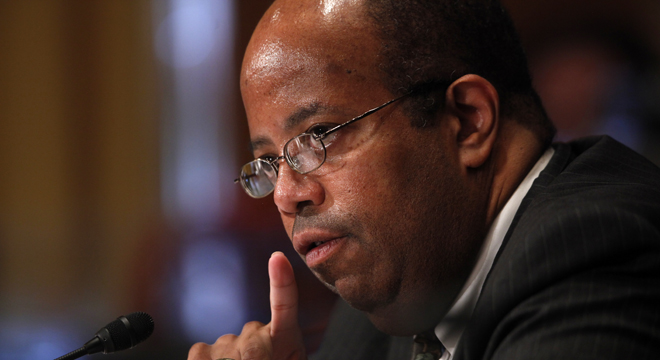In a letter sent Wednesday to the top Democrat on the House Ways and Means Committee, the Inspector General for Tax Administration defended the content of the report that set off the IRS scandal last month.
Rep. Sander Levin (D-MI), the ranking member of the House Ways and Means Committee, has asserted there is “increasing evidence that the May 14, 2013 audit was fundamentally flawed.”
In his response to Levin, J. Russell George, the Inspector General for Tax Administration, wrote that the term “progressives” — which appears on screening lists used by the IRS — was not used by the agency to identify “potential political cases for extra scrutiny.”
“While we have multiple sources of information corroborating the use of Tea Party and other related criteria we described in our report, including employee interviews, e-mails, and other documents,” George wrote, “we found no indication in any of these other materials that ‘Progressives’ was a term used to refer cases for scrutiny for political campaign intervention.”
George also offered some numbers to fill in the picture. According to George, six groups with “progress” or “progressive” in their name that applied for tax-exempt status between May 2010 and May 2012 were included in the 298 cases the IRS identified as “potential political cases.” (In other words, these cases were going to get an extra scrutiny for political activity.) At the same time, 14 groups with “progress” or “progressive” in their name that applied for tax-exempt status between May 2010 and May 2012 were not referred for additional scrutiny as potential political cases.
“In comparison, our audit found that 100 percent of the tax-exempt applications with Tea
Party, Patriots, or 9/12 in their names were processed as potential political cases during
the timeframe of our audit,” George wrote.
Read the whole letter here:






